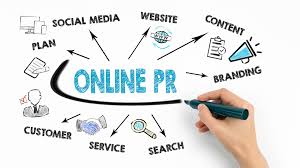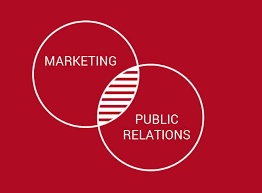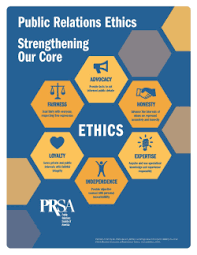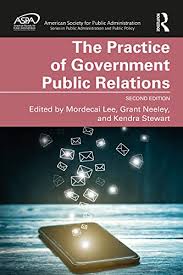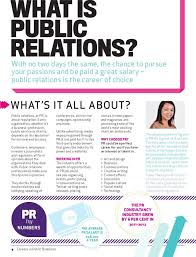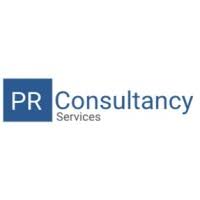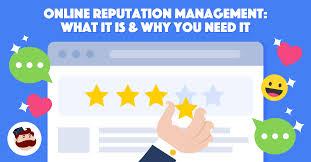Mastering the Art of Public Relations: Building Strong Relationships and Managing Reputation
The Power of Public Relations in Building Strong Relationships
Public relations (PR) plays a crucial role in shaping the image and reputation of individuals, organisations, and brands. It is a strategic communication process that involves managing relationships between an entity and its target audience, stakeholders, and the public at large.
One of the key functions of PR is to create and maintain a positive perception of an entity by effectively communicating its values, goals, and achievements. By crafting compelling stories and messages, PR professionals can influence public opinion, build trust, and establish credibility.
PR also plays a vital role in crisis management. In times of adversity or controversy, effective PR strategies can help organisations navigate challenges and protect their reputation. By providing timely and transparent communication, PR professionals can mitigate damage and maintain public trust.
Furthermore, PR is essential for building strong relationships with the media. By developing meaningful connections with journalists and influencers, PR professionals can secure media coverage, generate publicity, and enhance visibility for their clients.
In today’s digital age, PR has evolved to encompass online platforms and social media channels. Social media has become a powerful tool for engaging with audiences, sharing content, and managing brand perception. PR professionals leverage social media to amplify messages, monitor conversations, and respond to feedback effectively.
Overall, public relations is an indispensable component of any successful communication strategy. By focusing on building relationships, managing reputation, and engaging with stakeholders effectively, PR professionals help organisations thrive in a competitive landscape.
Understanding Public Relations: Key Questions Answered
- What does PR mean in job?
- What is the role of public relations officer?
- What is meant by public relation?
- What are the 4 types of public relations?
- What is the main role of public relations?
What does PR mean in job?
In the context of job roles and responsibilities, PR stands for Public Relations. In a job setting, PR professionals are tasked with managing the communication and relationships between an organisation or individual and their target audience, stakeholders, and the public. This involves crafting strategic messaging, engaging with the media, creating publicity campaigns, and maintaining a positive public image for the entity they represent. PR professionals play a critical role in shaping perceptions, building credibility, and enhancing reputation through effective communication strategies.
What is the role of public relations officer?
The role of a public relations officer is to manage the communication and reputation of an organisation or individual. Public relations officers are responsible for developing and implementing strategic communication plans that enhance brand visibility, build positive relationships with stakeholders, and manage the organisation’s image in the public eye. They work closely with media outlets, stakeholders, and the public to ensure that accurate and favourable information is disseminated. Public relations officers also play a crucial role in crisis management, handling situations that may impact the organisation’s reputation and providing timely and effective communication to address issues proactively.
What is meant by public relation?
Public relations, often abbreviated as PR, refers to the strategic communication practice aimed at managing and nurturing relationships between an organisation or individual and its various stakeholders, including the public, media, customers, employees, investors, and more. It involves crafting compelling narratives, disseminating information through various channels, and engaging in activities that enhance reputation and build trust. Public relations professionals work to create a positive image for their clients by effectively communicating key messages and values to the target audience. Ultimately, public relations is about fostering understanding, credibility, and goodwill to establish mutually beneficial relationships with all stakeholders.
What are the 4 types of public relations?
In the field of public relations, there are four main types that encompass different aspects of communication and relationship management. These include media relations, government relations, community relations, and internal relations. Media relations focus on building positive relationships with journalists and securing media coverage for clients. Government relations involve engaging with government officials and policymakers to influence public policy and regulations. Community relations aim to establish connections with local communities and enhance corporate social responsibility efforts. Internal relations focus on fostering positive relationships within an organisation to ensure effective internal communication and employee engagement. Each type of public relations plays a vital role in shaping perceptions, managing reputation, and building strong relationships across various stakeholders.
What is the main role of public relations?
The main role of public relations is to manage and enhance the reputation of individuals, organisations, or brands through strategic communication. Public relations professionals aim to build strong relationships with various stakeholders, including the media, customers, employees, and the public. By crafting compelling messages, engaging with the target audience effectively, and maintaining transparency in communication, PR practitioners work to influence public perception positively and establish credibility for their clients. Ultimately, the main goal of public relations is to create a favourable image, foster trust, and maintain mutually beneficial relationships that contribute to long-term success and sustainability.



